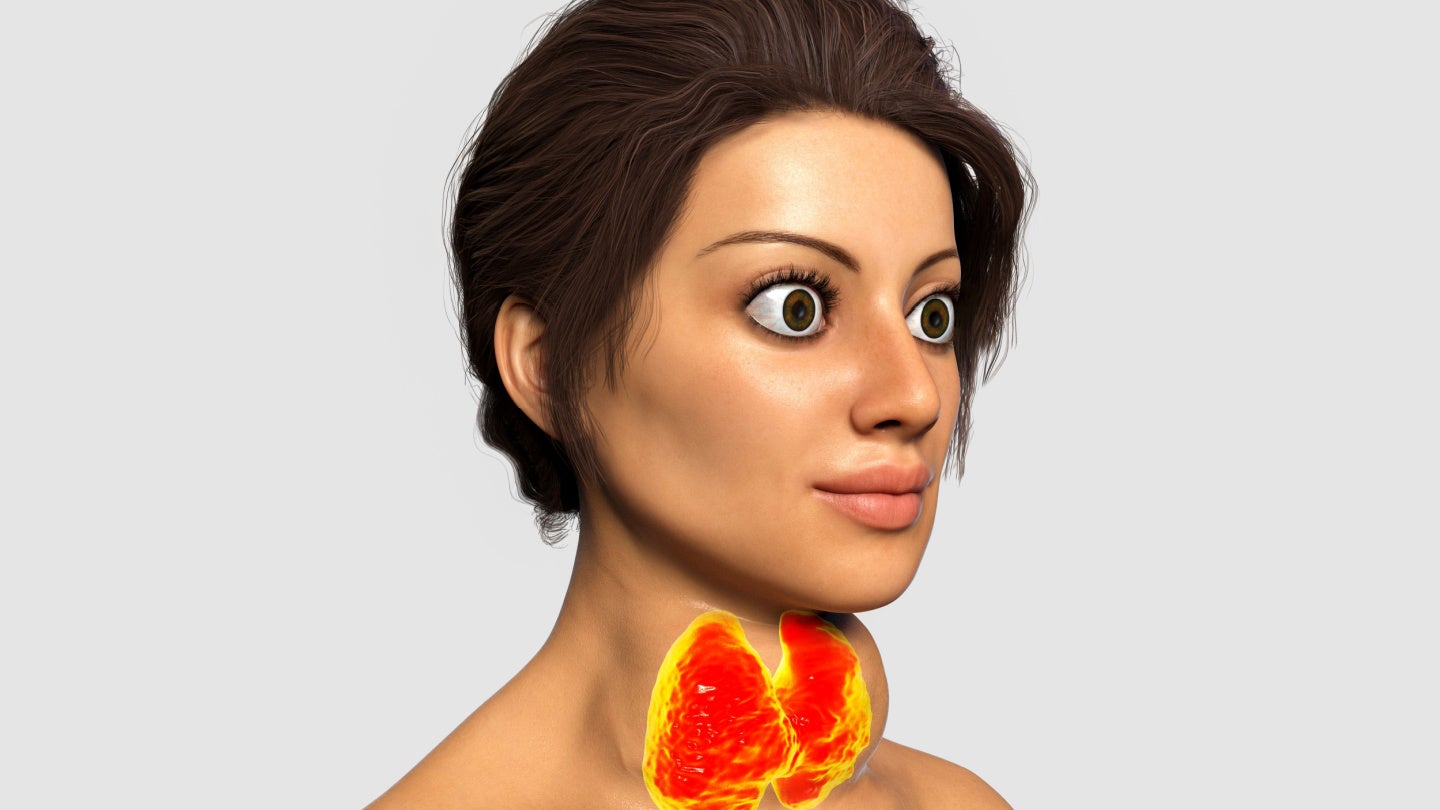
Horizon Therapeutics has enrolled the first patient in a Phase III clinical trial in Japan to evaluate TEPEZZA (teprotumumab-trbw) in adults with chronic thyroid eye disease (TED) and low clinical activity score (CAS), a measure of disease activity.
The randomised, double-masked, placebo-controlled, parallel-group, multicentre study will evaluate the safety, efficacy and tolerability of TEPEZZA against placebo.

Discover B2B Marketing That Performs
Combine business intelligence and editorial excellence to reach engaged professionals across 36 leading media platforms.
Subjects with an initial diagnosis of TED between two and ten years prior to the study, CAS of ≤2 at the screening and baseline visits, no worsening in proptosis, diplopia or inflammatory symptoms of TED for at least one year are involved in the study.
Adults will be randomised into a 2:1 ratio to receive either an infusion of TEPEZZA or a placebo and out of a total of eight infusions, 10mg/kg is given for the first infusion and 20mg/kg for the remaining once every three weeks.
Proptosis response rate at week 24, defined as the percentage of subjects with at least a 2mm reduction in proptosis from baseline in the study eye, without deterioration in the fellow eye (≥ 2mm increase) is the primary efficacy endpoint of the study.
Subjects who have completed the treatment and are proptosis non-responders at week 24 are eligible to enter an open-label extension period to receive an additional eight TEPEZZA infusions.

US Tariffs are shifting - will you react or anticipate?
Don’t let policy changes catch you off guard. Stay proactive with real-time data and expert analysis.
By GlobalDataHorizon research and development executive vice-president Elizabeth Thompson said: “We know that patients who have lived with Thyroid Eye Disease for quite some time may continue to experience debilitating symptoms that impact their day-to-day lives and activities.
“Therefore, it’s important that we explore the efficacy of TEPEZZA in those with more chronic disease. We are grateful to have the opportunity to work with local researchers, regulators and patients on this trial to accomplish that goal.”
Results from the TEPEZZA Phase III study will build on a separate Phase III trial (OPTIC-J) in Japan, which is in progress for the treatment of TED patients with a disease duration of nine months or less and higher disease activity levels.





